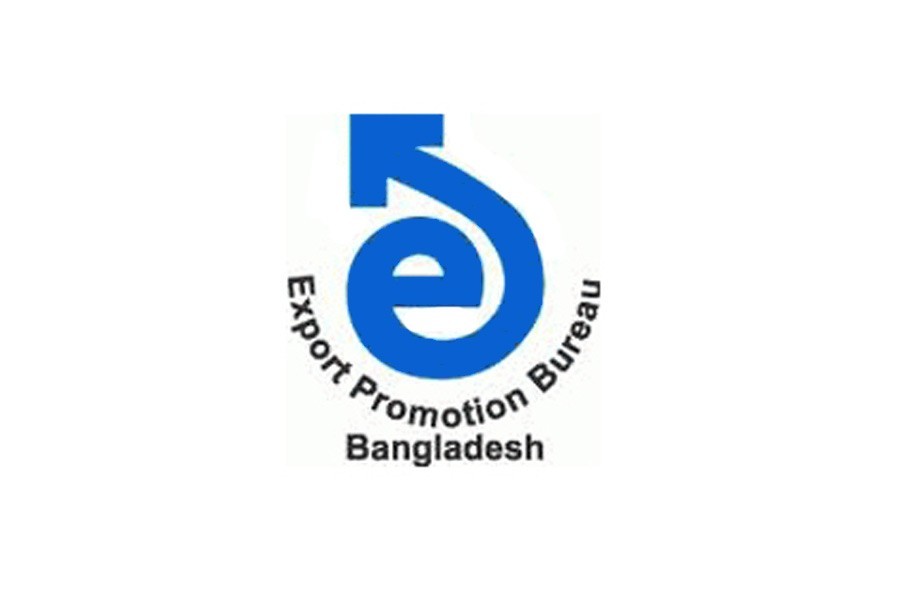The state-owned Export Promotion Bureau (EPB) has reduced the service charges under the registered exporter system of the European Union following the demand from apparel makers, officials say.
The EPB re-fixed the rate of service charges to the latter for the verification of documents under REX to Tk 250, including VAT and income tax, they said.
Earlier, the state agency had decided that the registered exporters would have to pay Tk 375 to the EPB against each consignment of goods to be exported to the EU.
"The 140th Board meeting of EPB, as the competent authority of the government and to perform its duty properly, has re-fixed the REX service charges at Tk 200," the state owned agency said in a letter on November 16.
Exporters will have to pay a total of Tk 250 that included 10 per cent income tax or Tk 20 and 15 per cent VAT or TK 30 on the service charge, it explained.
Sources said that no exporters paid the previously fixed Tk 375 as service charges.
The EPB in the letter requested all the exporters to pay the fee and related documents against each consignment after REX registration.
Despite the reduction, knitwear makers are still opposing the new rate.
On the other hand, the Bangladesh Garment Manufacturers and Exporters Association (BGMEA) on November 18 asked all its member factories to comply with the new charge.
The REX system is based on the principle of self-certification by exporters. Under the system, the exporters themselves issue the statements on the origin of each consignment of goods to be exported to the EU with duty-free facility, which in the past the EPB had been doing.
To be entitled to issue the statements on origin, all local exporters need to be registered with the EU database, known as the REX system, through the EPB.
The REX system has been implemented to simplify export formalities as well as to reduce workload, cost of exporter and administrative burden, officials said.
Talking to the FE on Sunday, Mohammad Hatem, first vice president of Bangladesh Knitwear Manufacturers and Exporters Association (BKMEA), said there is still no logic for the EPB to ask for Tk 250 against each consignment of goods exported.
All liabilities of GSP certificate issuance lie on exporters and if all the documents can be digitally sent to EU, there is no need for preserving it online locally, he added.
He suggested that the EPB should develop software to preserve all the documents digitally and monitor them and there should no necessity to submit the documents manually.
The BKMEA leader argued that the charge should be TK 50 to Tk100 for software maintenance and preserving the documents.


